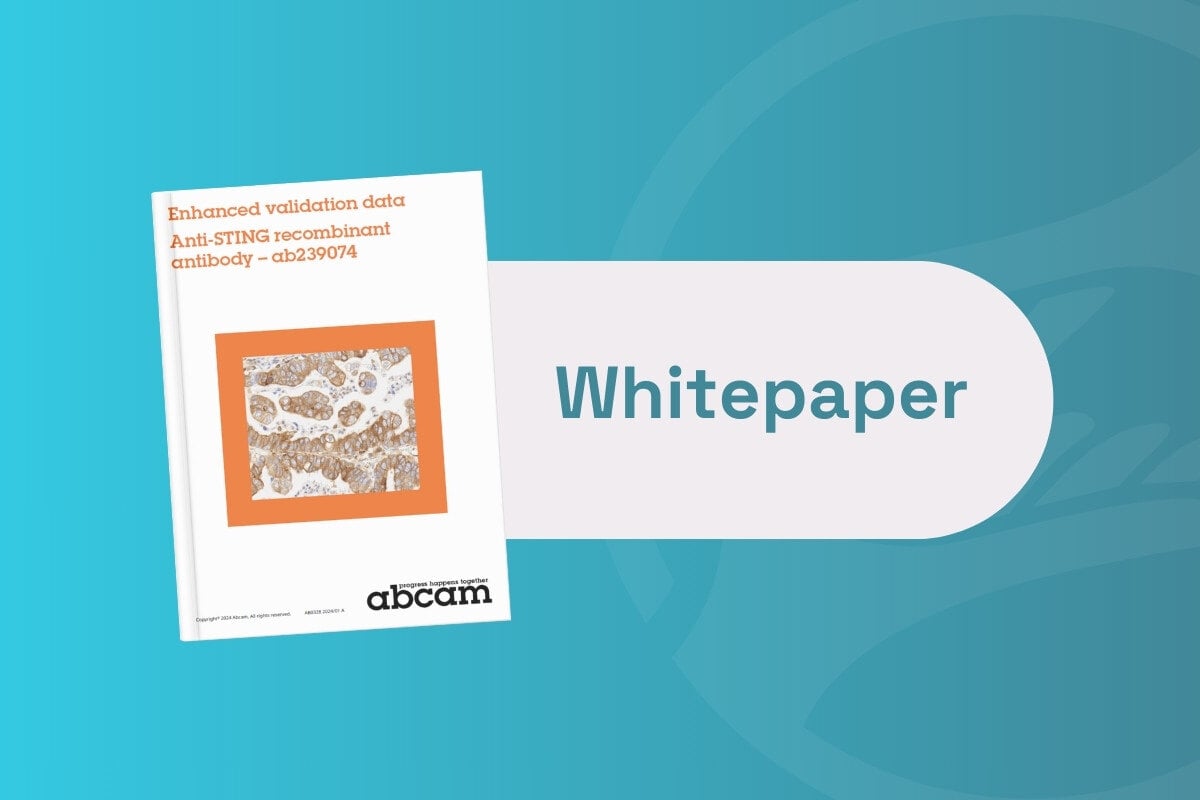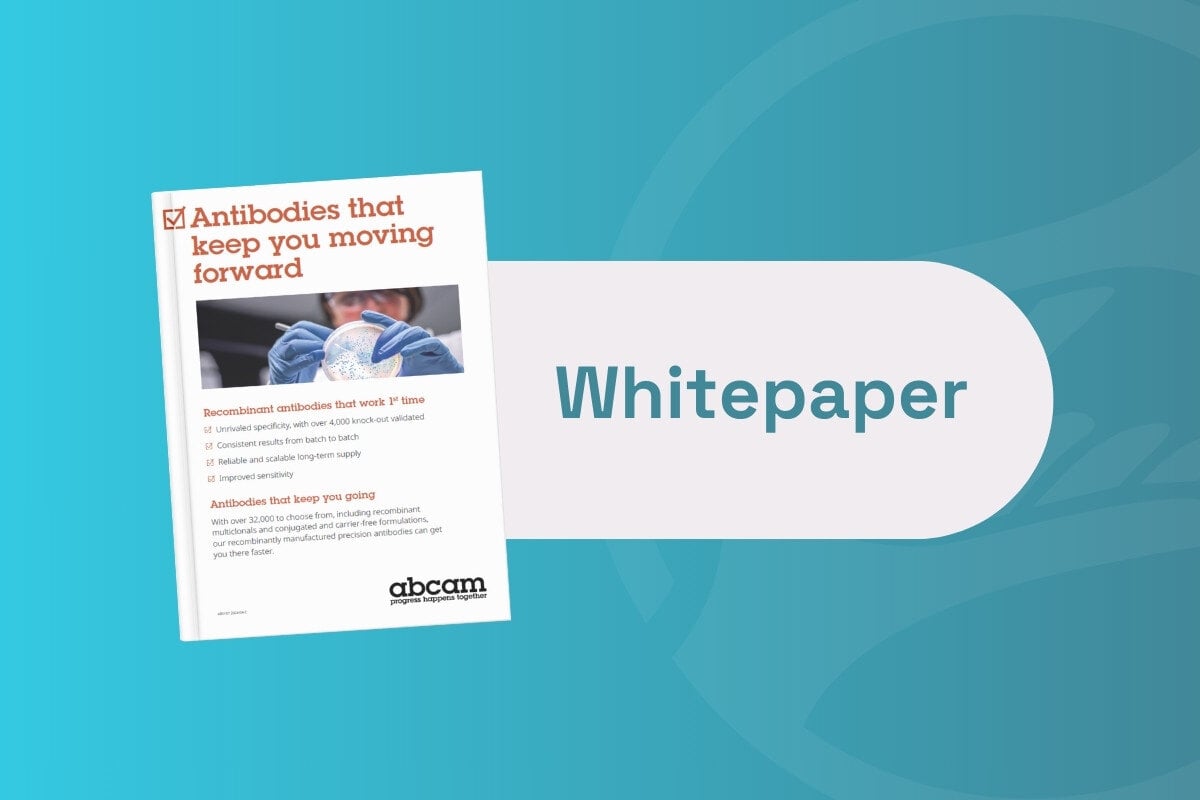Omics US 2022: The Epicentre of the Spatial Omic Conversation

Nestled in the heart of Boston, just a stone’s throw away from New England’s historic harbours, Oxford Global was proud to host its 2022 NextGen Omics US conference on March 29 - 30. Bringing together the sharpest minds and the keenest innovators in the third highest scientific research-producing city in the world, over 350 VPs, Directors, and Senior Managers were in attendance.
The event brought its participants four tracks, providing insights on different topics for each. After the event was over, we caught up with Alex Tamburino, Associate Principal Scientist at Merck & Co., Inc., Rahway, NJ, to discuss what he thought were the highlights and key takeaways from the spatial multiomic technologies track of the conference. We asked what he believed brought the most benefit to the event:
"I think the panel discussions are really great. I really like to see the collection of expertise that comes together with the panels. It is also really nice to see everybody riff off each other; somebody provides context, and somebody jumps in and provides a counterpoint. It gives you multiple perspectives on these complex topics at the same time."
Our events always play host to a variety of experienced panellists quick to share their thoughts and opinions on the topics of the panel. One highlight in the spatial omics space came on day one, when we were delighted to host a fantastic panel on overcoming the challenges of the field. The panellists focused on solving data analysis and integration, a topic that Tamburino was especially interested in.
Tamburino is keen to prioritise the bioinformatics side of spatial technology in 2022, an important issue to consider given the vast amount of data generated from recent analyses:
"We are going to generate a lot of data. The data quality is getting better, the resolution is getting better, the depth is getting better, but that creates analytical challenges. What do you do with all this data?"
Tamburino’s predictions are certainly true. As the field evolves and companies mature, we are beginning to see the rise of large pharma organisations training their scientists to be ‘data-capable.’ Data handling is a vital shift in the industry, especially as we start to see automation in the sector.
This shift towards centring proper use of data is key to the evolution of the industry and maturation of spatial technologies. Tamburino says this underlines the project of making spatial truly ubiquitous and commercial.
"I think seeing how well all of the fantastic companies are able to commercialise the technologies and make them robust and easy for the user."
"These are all very interesting technologies, and we're hoping it's going to deliver on the promise."
At the conference, Vizgen and NanoString played key roles in outlining the potential of their newest spatial omic technology. Day two of the event saw a fascinating presentation from Vizgen’s Scientific Co-founder and Director of Scientific Affairs, Jiang He, who outlined their in-situ genomics platform, MERSCOPE. The innovative technology enables the direct profiling of the spatial organisation of intact tissue with subcellular resolution.
Furthermore, NanoString delivered an excellent insight into their CosMx in-situ solution. On the opening day of the conference, Vikram Devgan, Senior Director of the Spatial Genomics Business Unit at NanoString, spoke on the high-plex potential of CosMx.
Our US event in Boston is fundamental to our NextGen Omics series. Oxford Global prides itself upon bringing together the most important names in the newest fields to the conference. As the spatial field develops further still, we are eager to bring our partners the next one.
Although the conference has now concluded, we are delighted to bring you the next opportunities in spatial discourse. Oxford Global will be hosting three Spatial Biology conferences in London, Berlin, and Boston in the coming months, and we cannot wait to see you there.
Spatial Biology UK: In-Person — 27 - 28 April 2022 | London, UK
Spatial Biology Europe: In-Person — 07 - 08 June 2022 | Berlin, Germany
Spatial Biology US: In-Person — 15 - 16 September 2022 | Boston, USA







